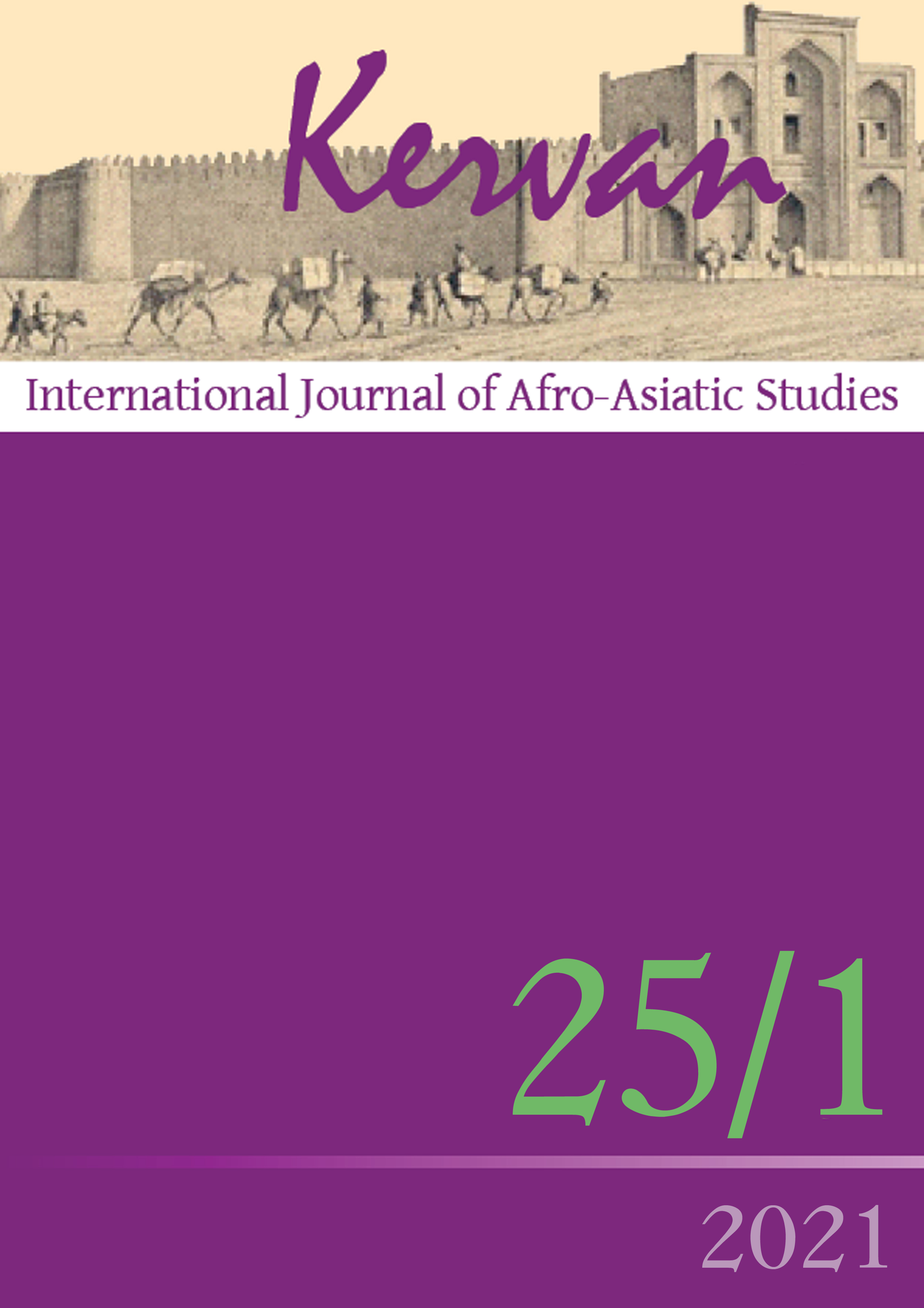Ibn Baṭṭūṭa’s “Prayer of Damascus:” A window on to Damascus in the hell of the Black Death (Part 1)
DOI:
https://doi.org/10.13135/1825-263X/5785Abstract
Ibn Baṭṭūṭa’s famous Riḥla [(Chronicle of) Travels] is probably the only work of medieval travel literature whose protagonist claims to have personally witnessed the plague pandemic known as the Black Death, which ravaged the Mediterranean world between 1348-1350 (and continued in subsequent waves). The passages describing the scourge include the story of a rogatory – and ecumenical prayer held in Damascus in July 1348. This is probably the most often mentioned passage of the Riḥla, the most quoted in the studies on the Black Death in the Middle East, as well in those on relations between religious groups in the Mamluk empire. Nevertheless, to this day it has not yet been the subject of in-depht analysis. This article is an endeavour to contribute to both the studies on Ibn Baṭṭūṭa’s Riḥla and the Black Death by analysing the story of the Damascus prayer in its historical context and literary aspects, i.e., by answering the questions: how does the story fit into the climate of the pandemic in general and into Ibn Baṭṭūṭa’s Riḥla in particular? What are its lexical and narrative characteristics? Moving from the story to the narrated event leads to the question on relations between the different religious groups that took part in the rite. Moreover, how did Islamic scholars interpret the prayer gathering? Since the Riḥla is not a chronicle but a narrative work, another question arises: to what extent is its information reliable? The answer will be found by comparing it with the main Middle Eastern Arabic sources of the 14th and 15th centuries, which are mostly Chronicle texts. The concluding paragraph investigates whether the story of the Damascus prayer derives from Ibn Baṭṭūṭa’s personal testimony, as he claims in the Riḥla, or whether he (or the editor of the work, Ibn Juzayy) might have taken the information from other sources.
Downloads
Downloads
Published
Issue
Section
License
Gli autori che pubblicano su Kervan accettano le seguenti condizioni:
- Gli autori mantengono i diritti sulla loro opera e cedono alla rivista il diritto di prima pubblicazione dell'opera, contemporaneamente licenziata sotto una Licenza Creative Commons - Attribuzione che permette ad altri di condividere l'opera indicando la paternità intellettuale e la prima pubblicazione su questa rivista.
- Gli autori possono aderire ad altri accordi di licenza non esclusiva per la distribuzione della versione dell'opera pubblicata (es. depositarla in un archivio istituzionale o pubblicarla in una monografia), a patto di indicare che la prima pubblicazione è avvenuta su questa rivista.


 The articles that have appeared on Kervan since 2016 are rated as Class A in the system of National Scientific Qualification (ASN, disciplines 10/N1 and 10/N3).
The articles that have appeared on Kervan since 2016 are rated as Class A in the system of National Scientific Qualification (ASN, disciplines 10/N1 and 10/N3). The journal has been approved for inclusion in DOAJ. The DOAJ listing of the journal is available at
The journal has been approved for inclusion in DOAJ. The DOAJ listing of the journal is available at  The journal has been approved for inclusion in ERIH PLUS. The ERIH PLUS listing of the journal is available at
The journal has been approved for inclusion in ERIH PLUS. The ERIH PLUS listing of the journal is available at  Kervan was just accepted for indexing in SCOPUS. This important milestone ensures that articles published in Kervan are easily found when searching for library, archives and Information science and it enables Kervan authors to keep track of how often their article has been cited by others.
Kervan was just accepted for indexing in SCOPUS. This important milestone ensures that articles published in Kervan are easily found when searching for library, archives and Information science and it enables Kervan authors to keep track of how often their article has been cited by others.

